The level of our success is limited only by our imagination and no act of kindness, however small, is ever wasted
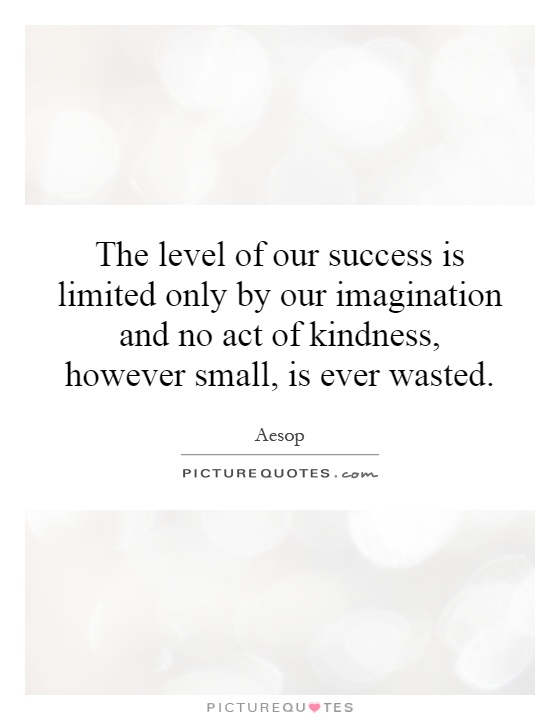
The level of our success is limited only by our imagination and no act of kindness, however small, is ever wasted
In the world of Aesop's fables, the idea that the level of success is limited only by our imagination is a recurring theme. Aesop himself was a slave in ancient Greece who used his imagination and storytelling abilities to convey important moral lessons through his fables. These fables often featured animals as characters, each with their own unique traits and personalities that reflected human behavior.One of Aesop's most famous fables, "The Tortoise and the Hare," illustrates the idea that success is not always determined by speed or strength, but by perseverance and determination. In this story, the slow and steady tortoise ultimately wins the race against the fast but overconfident hare. The tortoise's success is a result of his ability to imagine himself crossing the finish line, despite the odds stacked against him.
Similarly, the idea that no act of kindness, however small, is ever wasted is also a common theme in Aesop's fables. In "The Lion and the Mouse," a tiny mouse is able to free a mighty lion from a trap, demonstrating that even the smallest gestures of kindness can have a significant impact. This fable teaches us that every act of kindness, no matter how small, has the power to make a difference in someone's life.
In the context of Aesop's fables, the combination of imagination and kindness is a powerful force that can lead to success and fulfillment. By using our imagination to envision our goals and dreams, and by practicing kindness towards others, we can overcome obstacles and achieve great things. Aesop's fables remind us that success is not just about material wealth or power, but about living a life guided by moral principles and compassion for others.

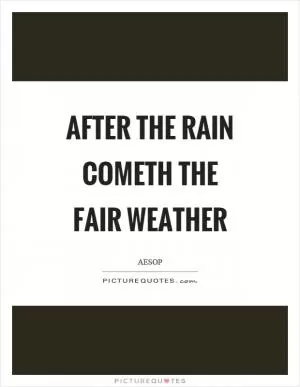


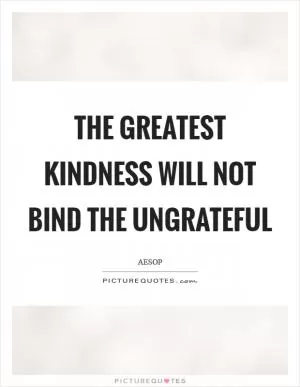


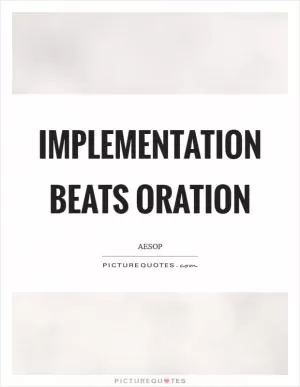
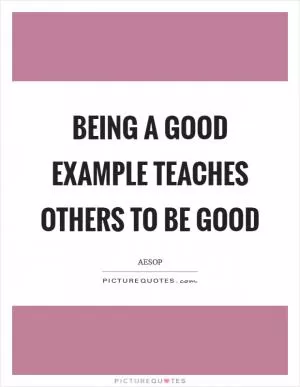

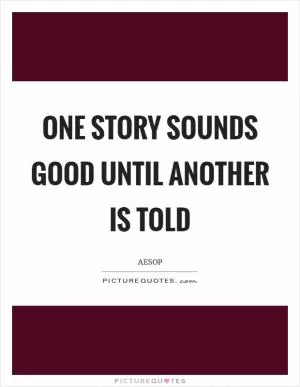

 Friendship Quotes
Friendship Quotes Love Quotes
Love Quotes Life Quotes
Life Quotes Funny Quotes
Funny Quotes Motivational Quotes
Motivational Quotes Inspirational Quotes
Inspirational Quotes